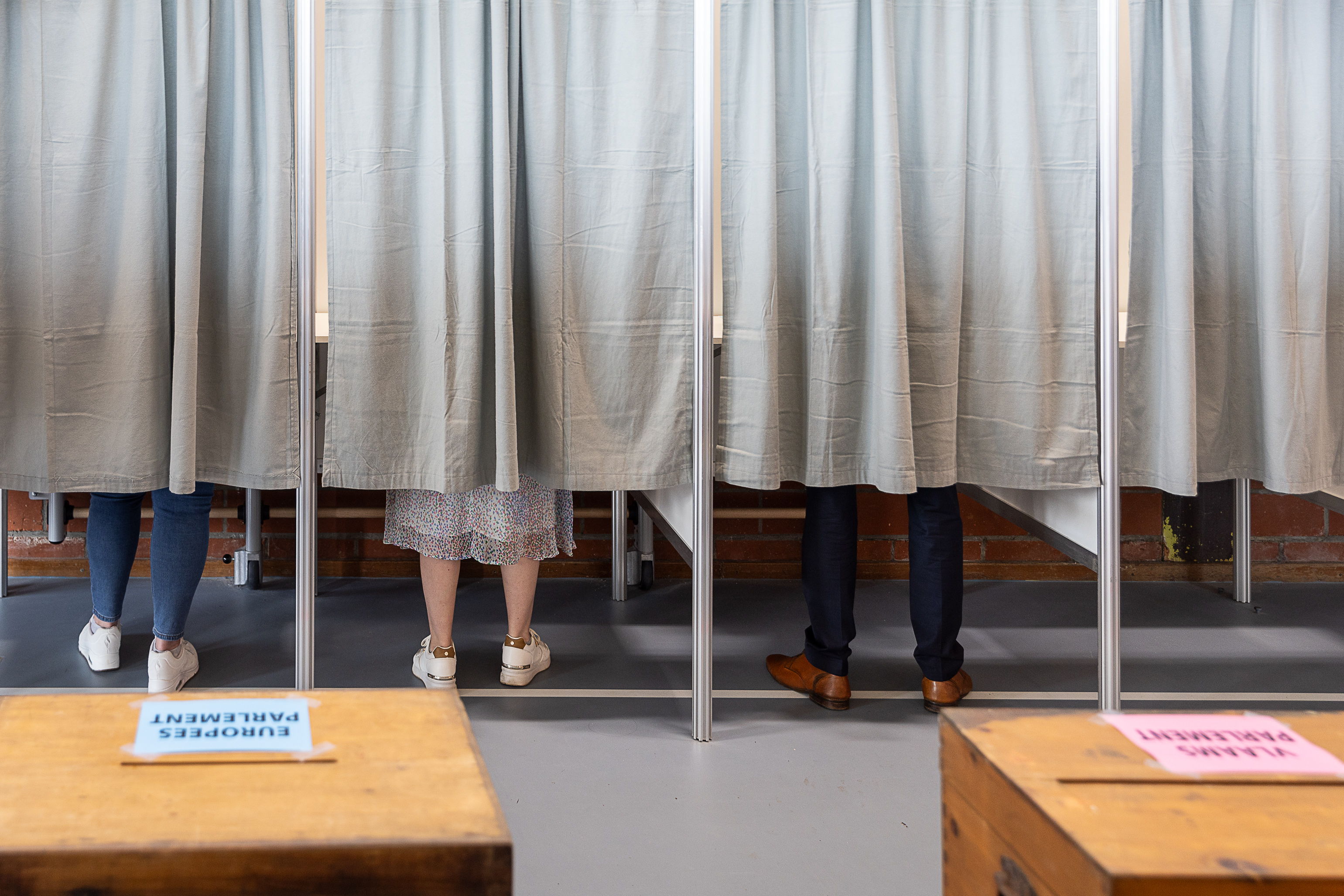Elections 2024: Flanders changes voting rules but will the outcome change?

In 2020, the Flemish region changed the legislation concerning the local elections, to make them “more democratic”. Citizens are no longer obliged to vote and they have a more direct influence on who will become mayor. Experts, however, expect little change.
Strictly speaking, Belgian citizens are only obliged to go to the voting booths, not actually to vote. This obligation in recent elections has become theoretical, as more and more people remain absent and are no longer punished for it. The Flemish liberals of Open VLD say an obligation is a thing of the past and pushed through the change in 2020 for the local elections in Flanders.
Experts expect most people in Flanders will still vote next Sunday. The number of voters will drop probably a bit, but not much. In the present Flemish government, there’s a broad call to reinstate the obligation.
A second change made in 2020 is the way the mayor is elected. In the past, the majority parties in the municipal council had the freedom to decide who would be mayor. Now, after the elections, the party with the most votes gets the initiative to form a coalition. If they don’t succeed, the initiative goes to the second biggest.
Advertising freedom
Once a coalition is formed, the person with the most votes within the party with the most votes becomes mayor. If they refuse, the job goes to the second most popular on the biggest list. That system is used in Wallonia, but not in Brussels and the German-speaking community.
In the past, political parties very often had “pre-deals”, agreements before the elections about forming a coalition and attributing the jobs. In theory, this is now impossible. In practice, the change will not be that important as politicians have other ways to organise enough support.
A third change is a greater freedom on publicity. In Belgium, for a couple of decades, political parties have had generous subsidies. This was balanced by limits on how much they could spend on publicity and how they could spend it. The spending limits remain, but political parties can also advertise on TV, radio or large commercial panels in the streets for these elections. Because the amounts that can be spent are still limited, using those extra methods has remained small.
Local elections will take place at municipal and provincial levels in Belgium on Sunday 13 October. In the run-up to the vote, Belga English explores the main issues to watch out for and provides an overview of events.
#FlandersNewsService | © BELGA PHOTO JAMES ARTHUR GEKIERE